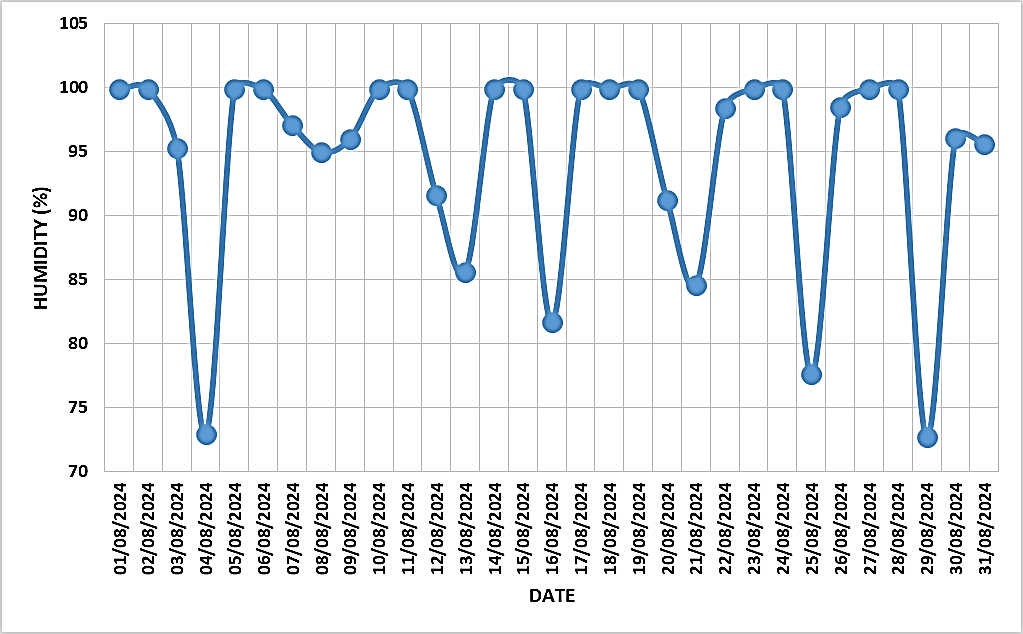Wireless sensor networks: A vital tool for improved agricultural practices in Nigeria
Keywords:
Wireless technology, Agricultural crops, Irrigation, Wireless sensor networks, Sensor data fusionAbstract
Agricultural practices in Nigeria are still mainly based on conventional methods of farming which usually result in wastage of resource wastage and low crop yield making it impossible to meet the country's food demand. Wireless sensor networks (WSNs) have emerged as a vital tool for enhancing agricultural productivity by enabling real-time monitoring and efficient resource management. This technology integrates various sensors to gather critical environmental data such as soil moisture, soil temperature, humidity and water levels, providing valuable insights for precision agriculture. By automating irrigation and improving crop monitoring, wireless sensor networks help optimize water usage, reduce resource wastage and increase crop yields. This paper explores the applications and benefits of wireless sensor networks in agriculture, demonstrating their potential to transform farming practices and contribute to sustainable agriculture in Nigeria particularly in terms of massive food production. It was observed that the sensor data fusion value of 55.48 integrates all sensor data over 31 days. This result represents a comprehensive, averaged value that can be used to make more reliable decisions about agricultural practices in Nigeria in order to improve its productivity.


